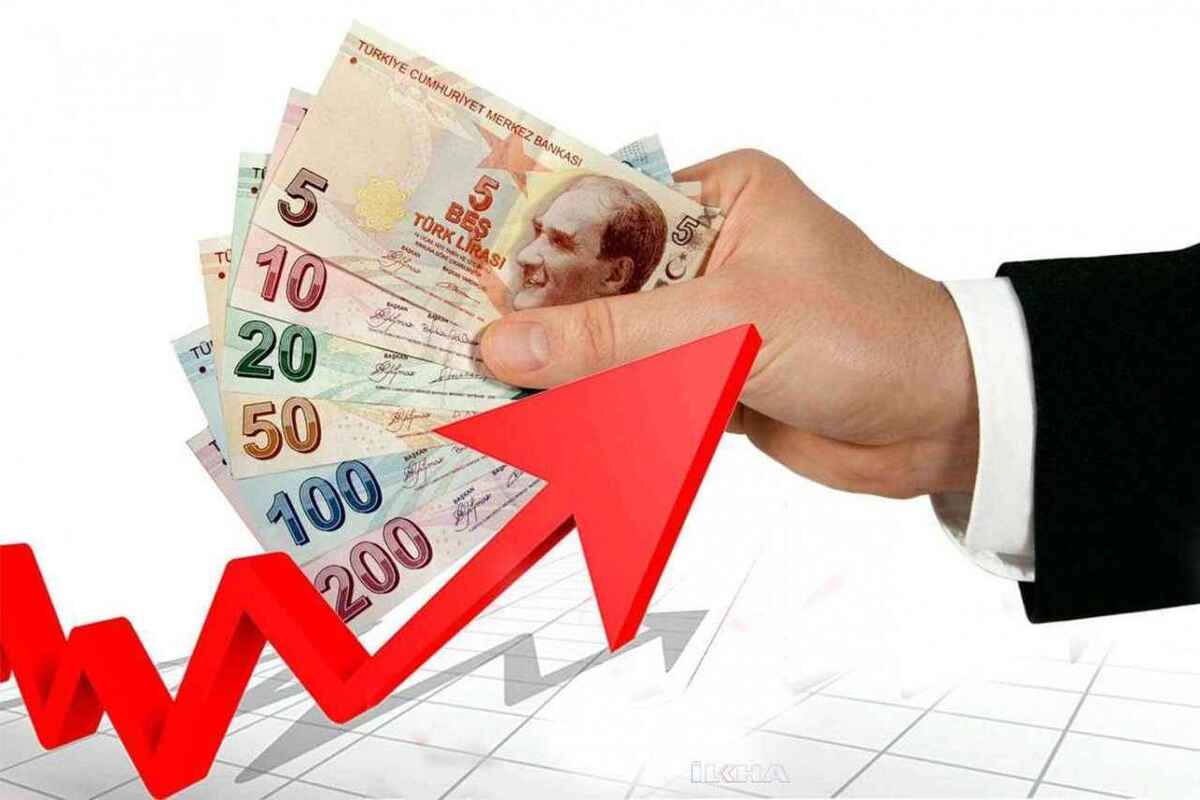World Bank Revises Up Turkiye's Growth Estimates for 2023, 2024

Turkish economy's growth forecast for this year is revised up to 3.2%, from 2.7%, while the growth expectation for next year is revised up to 4.3%, from 4%, according to the report titled "Weak Growth, High Inflation, and a Cost-of-Living Crisis."
The financial institution said robust growth in private consumption and exports served as a significant driver of regional growth last year and helped Turkiye's output expand by 5.6% in 2022.
Noting that Turkiye is the region's second-largest economy, it said large minimum wage increases also boosted real household incomes, resulting in a surge in private consumption last year.
"Exports have benefited from a recovery in tourism and trade diversion following Russia’s invasion of Ukraine. The composition of trade also shifted to include additional machinery, and food to Russia," the report said.
"In Turkiye, the slowdown in activity is likely to be contained as additional government support measures and earlier increases to minimum wages help households cope with inflation and lift domestic demand," it added.
The World Bank said economic impact of the devastating earthquakes that struck Turkiye in February will depend on the fiscal response, adding the impact on the banking sector expected to be more limited as the financial sector's exposure is modest.
"The actual costs to meet the full range of recovery and reconstruction needs could be double the direct damages," the World Bank said. "Investment is also expected to be stronger than previously envisioned, assuming that reconstruction efforts proceed rapidly."
"Assuming a normalization in macroeconomic policies, growth is forecast to accelerate and increase to an average of 4.2 percent over 2024–25, underpinned by investment amid ongoing reconstruction efforts," it added.
The institution noted that it has committed $1.8 billion in support to Turkiye after the earthquakes.
The World Bank also said Turkiye plans to double energy subsidies to households in 2023, to about 3.5% of GDP.
It noted that Turkish government last year subsidized 80% of natural gas and 50% of electricity used by households, as well as increasing minimum and public sector wages and offering tax benefits to households.
4155/v
























